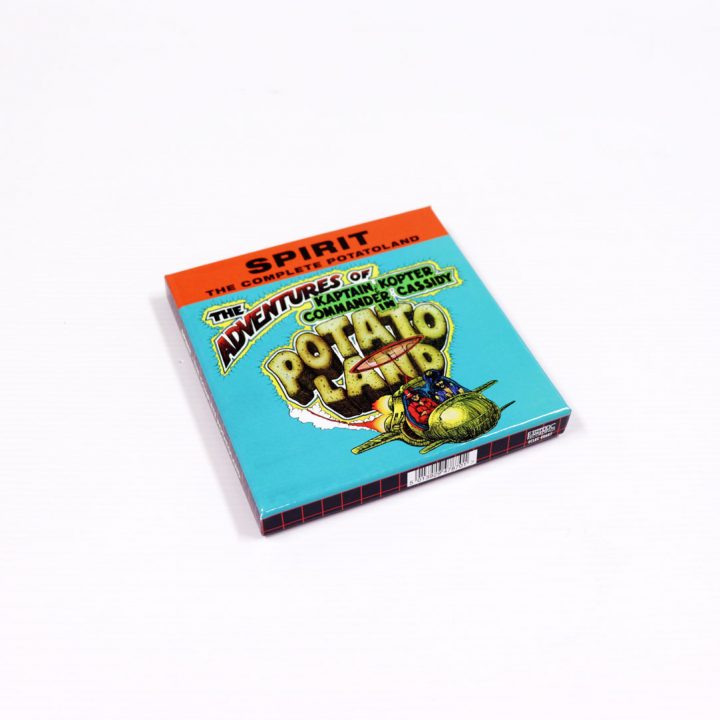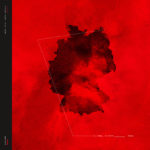Essentially intended as a follow up to frontman and guitarist Randy California’s 1972 solo album, Kapt Kopter And The Fabulous Twirly Birds, 1973’s Radio Potatoland was presented to Epic Records under the Spirit moniker in several versions, but all of these were abruptly rejected and that was the end of the road between band and label. Listening to it now, although Epic were perhaps a little hasty in their dismissal of such an ambitious project, you can kind of understand where they were coming from. You can hear the words “But where are the singles?!!!” coming from their mouths without having to think too hard, after all.
It would be unreasonable, however, to suggest that there is nothing commercially viable on Potatoland. ‘Walkin’ The Dog‘, for example, is about as good as blues rock gets, although frustratingly, the alternate version included here – from a 1973 acetate called Back Together Again – is far more vibrant and thrilling than the one which made the cut. That’s still one of the standout moments, granted, but you can practically feel the sweat dripping from the alternate take, making it somehow more real. The political content, too, of tracks like ‘1984‘ will no doubt have had certain record company executives shrieking in their sleep – “oh just where will you be when your freedom is dead?” – although in today’s terms, the lyrics would otherwise be too vague to rustle up too much of a kerfuffle. Interestingly, that song in particular calls to mind bands like Rush, who started to find mainstream appeal around a year later. Indeed, while Spirit can still be considered a rather underground band who never quite achieved the public acclaim that they perhaps should have, their contribution, in terms of influence, cannot be overstated.
Oddly, the slacker-stoner dialogue on Potatoland – which, incidentally, came to be sought after as a great ‘lost’ album, to such an extent that fans petitioned for its release so fervently that California eventually revisited it and released a revamped version on Beggars Banquet in 1981 – actually feels a little like Kenny Everett’s goofball cartoon character Captain Kremmen at times, which somewhat diminishes the effect and makes it hard to take seriously. This is a pity, as the record contains arguably some of the erstwhile Randy Craig Wolfe’s best compositions. ‘Turn To The Left‘ sounds like a blueprint for Dr Feelgood, and the track that follows, ‘Everything Talks To Me‘, is a masterclass in restraint, offering a laid back vibe not too far removed from Canned Heat.
Where Potatoland falls down is in its attempts to ‘outweird’ Spirit’s contemporaries, which results in it sometimes coming across as forced. It isn’t quite jarring enough to prevent the listener from enjoying the experience, despite some relatively ham acting along the way, and anyone who can write such killer tunes as ‘My Friend‘ – ostensibly a cross between The Byrds and The Stone Roses in their earliest incarnation – deserves the utmost respect.
But the crowning glory of this box set is the fact that California’s 1981 version is included on disc two, along with scintillating live KPFK radio sessions from 1972 on discs three and four. And that’s without even mentioning the treasure trove of riches sprinkled throughout, like Old Grey Whistle Test Recordings and a live version of The Beatles‘ classic ‘Day Tripper‘. If I’m totally honest, Potatoland itself is a 7 out of 10 kind of record with a handful of belters, but producer Mick Skidmore, along with the good folk at Cherry Red, has done such a remarkable job in bringing this set together that it should sit snugly under the heading of ‘Must Buy.’
The Complete Potatoland is out now on Cherry Red.




